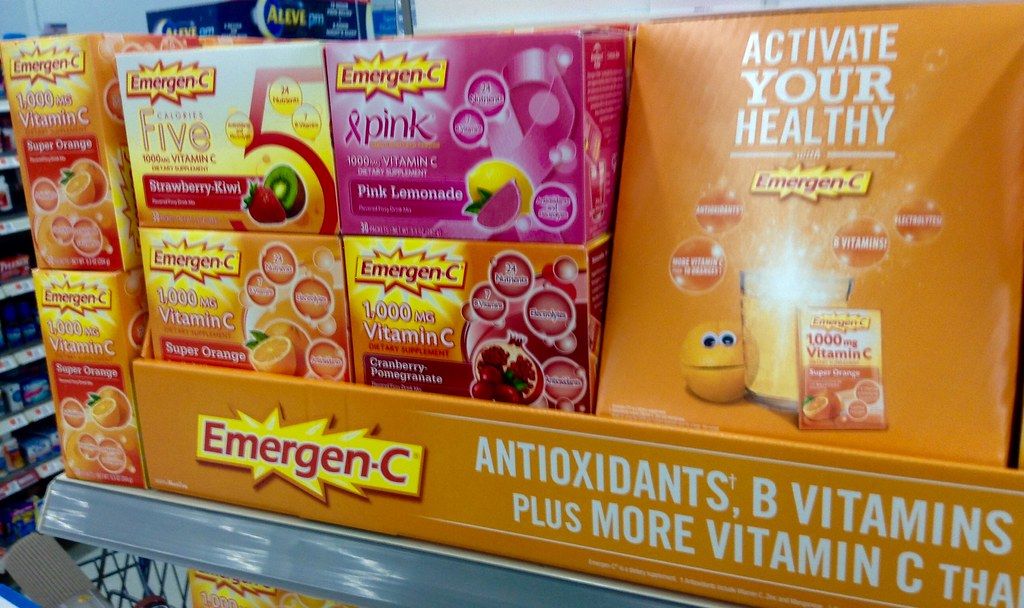Primary Care
Want to learn more about this at Kettering Health?
Your neighbor swears by it; a nicely packaged subscription service recommended it; or someone on TikTok said you need it: a new vitamin or supplement.
They can be a great tool to add extra nutrients your body craves or help assuage some minor symptoms—but they’re not foolproof. According to Dr. Kendra Von der Embse, a primary care physician, those vitamins or supplements may not be doing what you think.
To multivitamin or not to multivitamin?
Aisles of multivitamins filling every grocery store may make you ask, “Do I need to be taking that?”
Dr. Von der Embse says it depends on what you eat.
“If you’re not eating a good diet as far as having different types of vegetables and fruits and not enough protein, then, yeah, it’s probably a good idea to take a multivitamin,” she says.
The goal, though, is to get those nutrients from your food.
Multivitamins are generally safe to start without direction from your doctor. With other kinds of vitamins or supplements, though, Dr. Von der Embse says to proceed with caution. You may give your body something it doesn’t need.
Enough is enough
Taking a vitamin you aren’t deficient in—or taking too much—is not recommended. But the effect depends on the kind of vitamin.
Dr. Von der Embse explains that there are two main types. Most vitamins are water soluble—meaning they dissolve in water. Fat-soluble vitamins (A, D, E, and K) are stored in the body for much longer.
Fat-soluble vitamins have the potential to become toxic in large quantities. It’s rare for someone to have too much vitamin D, whereas too much vitamin A is more likely to be harmful.
Your body will release any unused water-soluble vitamins through your urine. So, while the excess may not hurt you, if you buy these vitamins by the bottle, your money may be—literally—going down the toilet.
But it’s an “Emergen-C”
A co-worker prepares for vacation, or a bride gets a tickle in her throat before the wedding day. Whatever the scenario, we’ve all seen someone down Emergen-C or other vitamin C products to avoid getting sick.
Unfortunately, taking vitamin C this way may not have the desired effect.
“Vitamin C, in general, will help boost the immune system,” says Dr. Von der Embse. “But is it going to keep you from getting sick? Probably not.”
That immune system boost may lessen the severity of an illness or shorten the time spent dealing with it. So, if that’s what you’re after, keep vitamin C in your routine. But be cautious: more than 2,000 mg daily may cause nausea and diarrhea.
Better safe than sorry
When it comes to supplements specifically, Dr. Von der Embse says it’s best to stick with common brands, as they’re generally safer.
“They’re not regulated.” Dr. Von der Embse warns. ”So technically, the pill doesn’t have to have whatever they say is in them on the bottle.”
Regardless of the type—supplement or vitamin, water or fat soluble—it’s important to check with your doctor about what you’re considering.
“Talk to your doctor to actually have some blood tests done to know if you need [the vitamin or supplement] or not,” says Dr. Von der Embse.
At that appointment, you can determine what you actually need, figure out if the vitamin or supplement interacts with medications you’re taking, or find out other ways to address your health concerns more effectively.









